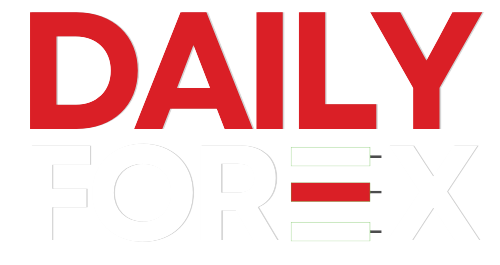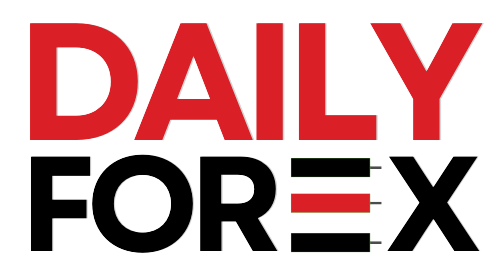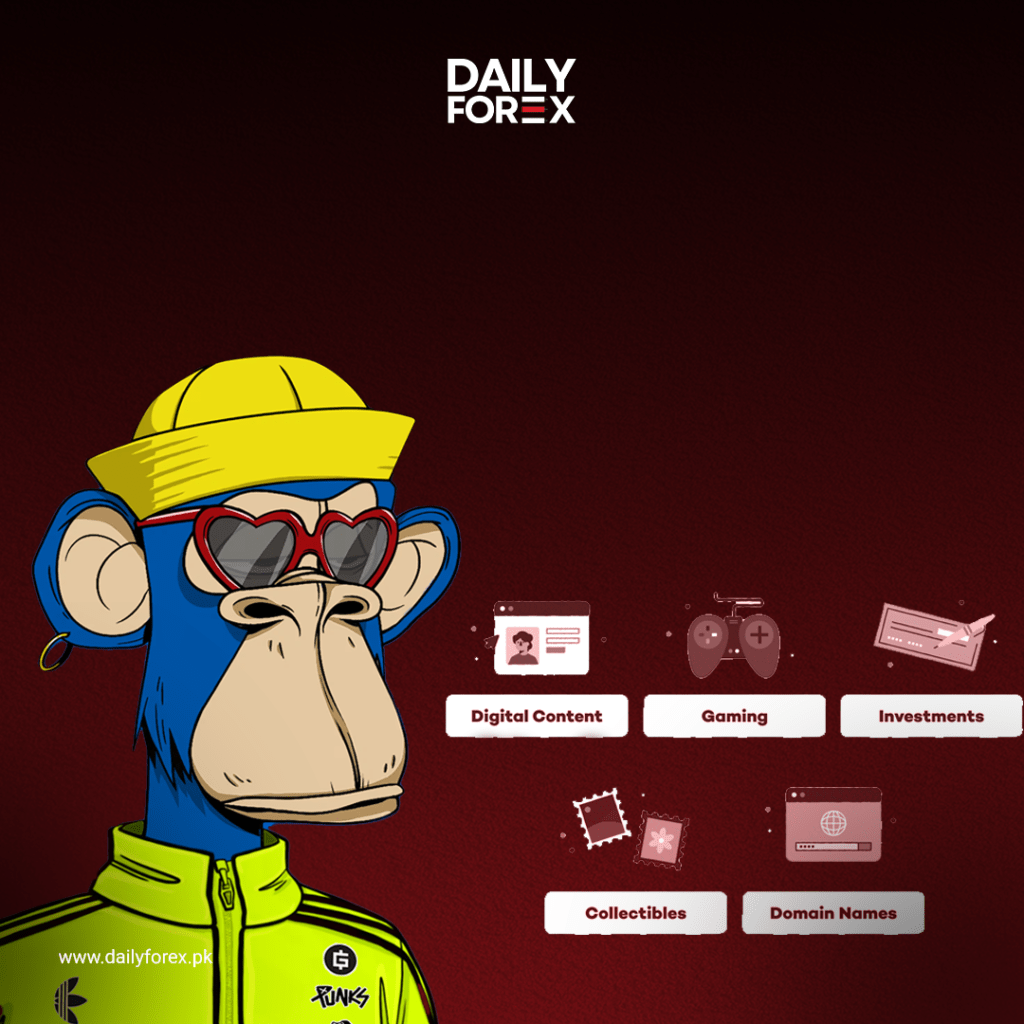Exploring Real-World Applications of Non-Fungible Tokens
Non-Fungible Tokens (NFTs) have evolved far beyond quirky pixel art and animal memes. With blockchain-backed authenticity and programmable features, NFTs are unlocking powerful use cases across industries—from art and gaming to identity verification and finance.
Let’s explore the most popular real-world applications of NFTs.
1. Art and Digital Ownership
One of the earliest and most successful use cases of NFTs is digital art. By minting their creations on the blockchain, artists can verify ownership, eliminate middlemen, and directly connect with global audiences through NFT marketplaces.
Key Benefits:
- Immutable proof of authorship
- Royalties through smart contracts on every resale
- Global accessibility and instant transfers
- Elimination of counterfeit risks
Even celebrities and brands now tokenize their work, offering exclusive digital collectibles, merchandise, and licensed content to fans and collectors.
2. NFTs in Gaming
In traditional gaming, items like skins, weapons, and upgrades are owned by the game provider, not the players. But NFT integration changes that.
With blockchain-based games, players own their in-game assets as NFTs, allowing them to trade or sell those assets on secondary marketplaces—or even use them across different games.
Real Benefits:
- True ownership of in-game items
- Play-to-earn opportunities
- Tradeable, transferrable, and upgradeable NFTs
- Cross-game utility in select ecosystems
3. Fractional Ownership (F-NFTs)
While NFTs are inherently indivisible, fractional NFTs (F-NFTs) allow users to break a high-value NFT into smaller shares.
Use Cases:
- Real estate investments (e.g., fractional ownership of a mansion)
- Art collectibles and luxury assets
- Startup fundraising via NFT “shares”
With F-NFTs, high-value assets become more liquid and accessible to a wider range of investors.
4. Identity and Credential Management
NFTs can revolutionize how we manage personal identity and credentials by securely storing verifiable data on the blockchain.
Potential Applications:
- Digital passports and birth certificates
- Verified academic records and certifications
- Medical history records with selective sharing
- Supply chain tracking for raw materials and product origins
NFTs can drastically reduce paperwork, prevent fraud, and enhance transparency in identity-sensitive sectors.
5. NFT Tickets and Event Access
Counterfeit event tickets? That’s a thing of the past with NFTs. Event organizers can issue tickets as NFTs, ensuring traceable, non-duplicable entry passes.
Benefits:
- Zero chance of fake tickets
- Transferable with built-in resale royalties
- Easy tracking of attendees and access rights
This use case is already being adopted for concerts, sports events, conventions, and private VIP experiences.
6. Social Tokens and Membership NFTs
NFTs can be used to build exclusive membership clubs and communities through social tokens.
Example Use Cases:
- Fan clubs offering private content and perks
- Membership to digital communities (like Bored Ape Yacht Club)
- Reward-based loyalty programs
- Access to gated events, chats, or services
Imagine having access to a video call with your favorite K-pop star simply because your NFT activity proves your loyalty.
7. NFTs as Collateral for Loans
NFTs are increasingly being used as collateral in decentralized finance (DeFi) and centralized finance (CeFi) platforms.
How it Works:
- Borrower locks an NFT with agreed-upon value
- Lender issues crypto or fiat-backed loan
- NFT is returned when loan is repaid
As NFT valuation systems evolve, NFT-collateralized lending is becoming a legitimate alternative to traditional asset-backed loans.
Final Thoughts
From empowering artists and gamers to enabling identity management and decentralized finance, NFTs are transforming how we interact with digital and physical assets.
While the hype may fade, the underlying utility of NFTs continues to grow—fueling innovation across multiple industries.
Stay Updated With Dailyforex.pk




